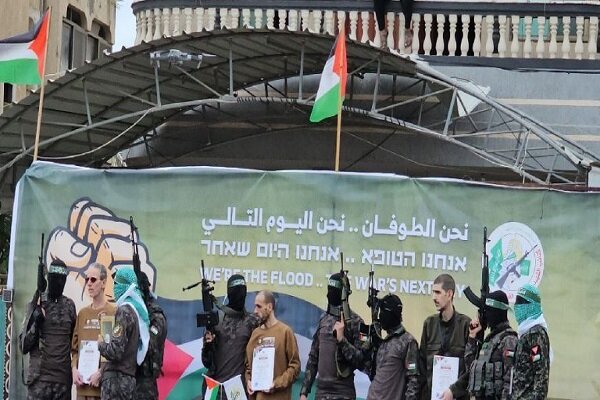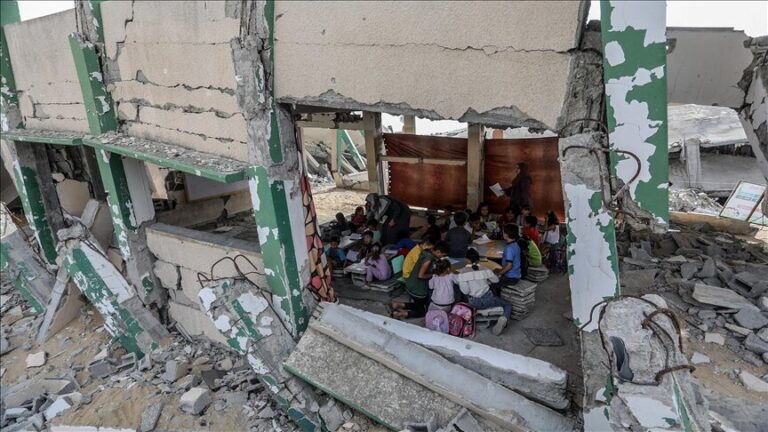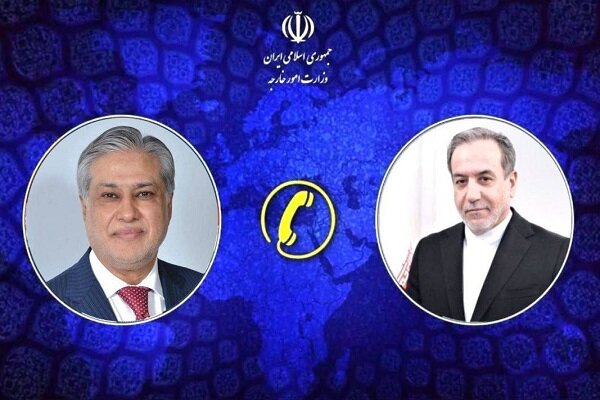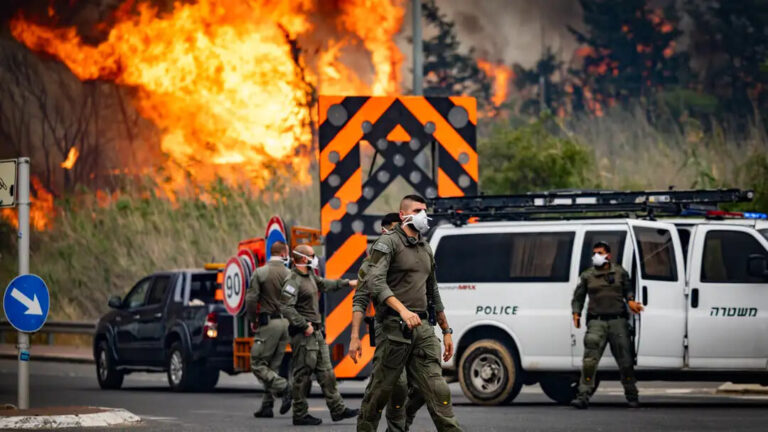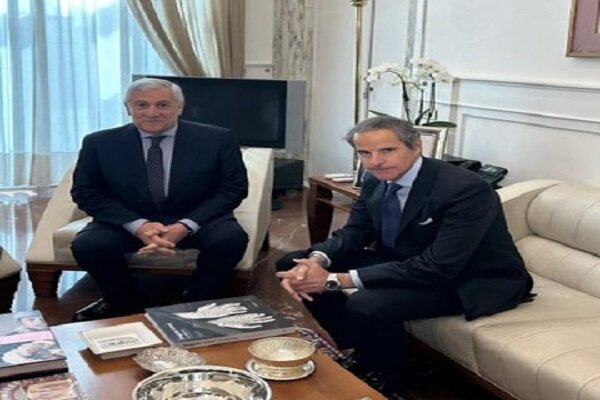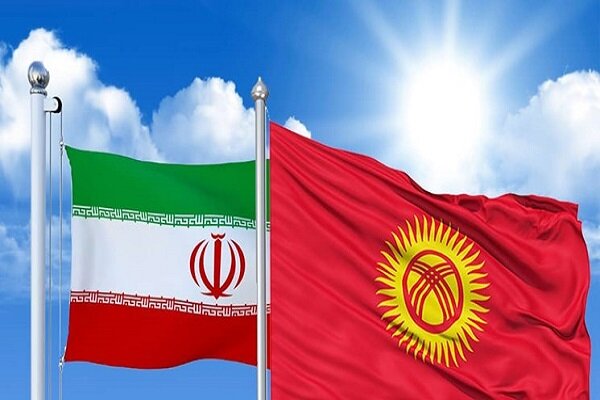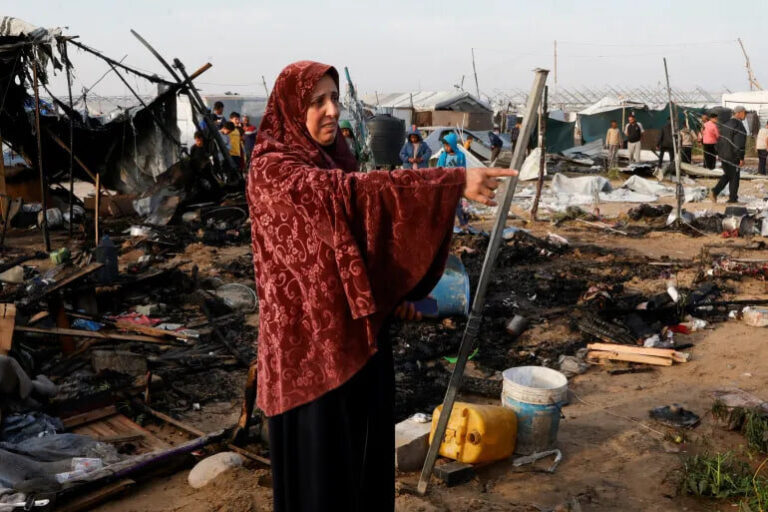Qassam Transfers Israeli Prisoners to Red Cross in Dramatic Video Reveal
In a significant development in the ongoing Israeli-Palestinian conflict, the al-Qassam Brigades of Hamas have successfully executed a prisoner swap, transferring an Israeli soldier to the Red Cross in Deir al-Balah, located in central Gaza. This event marks a notable moment in the complex dynamics of the region, highlighting the persistent efforts towards dialogues and exchanges amidst ongoing tensions.
The exchange took place on February 8, 2023, and has drawn the attention of various international observers and humanitarian organizations. The involvement of the Red Cross underscores the importance of neutral entities in facilitating such sensitive operations. The transfer was conducted under tight security measures, ensuring the safety of all parties involved.
Details of the Prisoner Swap
Here are some key points regarding this prisoner swap:
- Parties Involved: The al-Qassam Brigades, the military wing of Hamas, and the Red Cross facilitated the transfer.
- Location: The exchange occurred in Deir al-Balah, which is situated in the heart of the Gaza Strip.
- Date: The event took place on February 8, 2023, marking a critical date in the timeline of the conflict.
- Security Measures: The operation was executed under stringent security protocols to ensure the safety of the Israeli soldier and the representatives of the Red Cross.
- International Attention: The swap has garnered interest from global observers, reflecting the broader implications of humanitarian efforts in conflict zones.
The implications of this prisoner swap extend beyond the immediate exchange of individuals. It raises questions about future negotiations and the potential for further exchanges. The involvement of the Red Cross is particularly noteworthy, as it emphasizes the organization’s role in promoting humanitarian initiatives amidst conflict.
Historical Context
The Israeli-Palestinian conflict has a long and complex history, marked by a series of violent confrontations and attempts at peace negotiations. Prisoner swaps have been a recurring theme in this conflict, often viewed as a means of building trust or as a bargaining chip in negotiations.
In previous instances, such exchanges have led to temporary pauses in violence or have been part of broader peace talks. The recent prisoner swap by Hamas could potentially open doors for future discussions, although the political landscape remains fraught with challenges.
Reactions to the Swap
Following the announcement of the prisoner swap, reactions have poured in from various stakeholders:
- Israeli Government: Officials are likely to be monitoring the situation closely, assessing the implications for national security and public sentiment.
- Hamas Leaders: The leadership of Hamas has framed the swap as a victory, reinforcing their position within Palestinian society.
- International Observers: Human rights organizations and international governments are watching the developments, advocating for continued dialogue and humanitarian considerations.
The differing perspectives on the swap highlight the polarized views surrounding the Israeli-Palestinian conflict. While some see it as a necessary step towards peace, others view it as a reinforcement of existing tensions.
The Path Forward
As the situation evolves, several factors will influence the potential for further exchanges and negotiations:
- Future Negotiations: Both parties may need to engage in dialogue to address underlying issues and explore possibilities for future swaps.
- Public Sentiment: The responses of the Israeli and Palestinian populations will play a crucial role in shaping the political landscape.
- International Involvement: Continued engagement from international bodies may help facilitate further discussions and promote humanitarian efforts.
In conclusion, the recent prisoner swap involving the al-Qassam Brigades of Hamas and an Israeli soldier represents a complex yet pivotal moment in the ongoing Israeli-Palestinian conflict. As the world watches, the outcomes of this exchange could influence the trajectory of future negotiations and the broader humanitarian landscape in the region.
